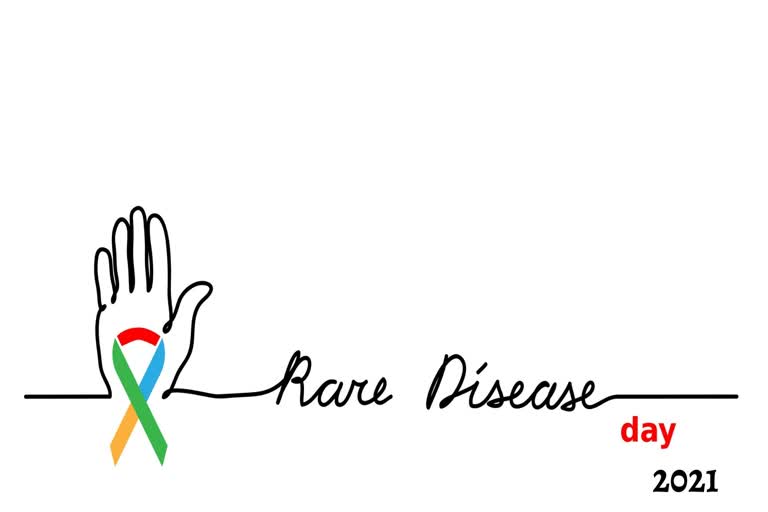Every year on the last day of February, Rare Disease Day is observed with the main objective to raise awareness about rare diseases and how they impact their patients. It was initiated by EURORDIS (Rare Diseases Europe) and its Council of National Alliances in 2008, on 29th February, a 'rare' date. There are 103 countries associated with the event, around 300 million people affected with it, and more than 7000 rare diseases reported worldwide. In India, about 1 in 20 people are affected by it. Let us know more about it!
What is a Rare Disease?
The EURORDIS states that Rare diseases are characterized by a wide diversity of symptoms and signs that vary not only from disease to disease but also from patient to patient suffering from the same disease. Due to the low prevalence of each disease, medical expertise is rare, knowledge is scarce, care offerings inadequate and research limited. Despite their great overall number, rare disease patients are the orphans of health systems, often denied diagnosis, treatment, and the benefits of research.
It further states that relatively common symptoms can hide underlying rare diseases leading to misdiagnosis and delaying treatment. Typically disabling, the quality of life of a person living with a rare disease is affected by the lack or loss of autonomy due to the chronic, progressive, degenerative, and frequently life-threatening aspects of the disease.
Some Rare Diseases
Although there are thousands of rare diseases reported till now, here is a list of some of them
- Lupus
- Pulmonary fibrosis
- Muscular dystrophy
- Wilson’s disease
- Multiple sclerosis
- Cystic fibrosis
- Hemophilia
- Cushing's syndrome
- Angelman syndrome
- Mucormycosis
- Down syndrome
- Celiac disease
- Evans syndrome
- Beta-thalassemia
- Mucormycosis
- Stoneman syndrome
- Osgood Schlatter syndrome
- Alice in Wonderland syndrome
- Kuru disease
- Autoimmune hepatitis
What Causes Them?
According to the National Institutes of Health (NIH) and the Genetic and Rare Diseases (GARD) Information Center, There are many different causes of rare diseases. The majority are thought to be genetic, directly caused by changes in genes or chromosomes. In some cases, genetic changes that cause disease are passed from one generation to the next. In other cases, they occur randomly in a person who is the first in a family to be diagnosed.
Furthermore, many rare diseases, including infections, some rare cancers, and some autoimmune diseases, are not inherited. While researchers are learning more each year, the exact cause of many rare diseases is still unknown.
While most of the diseases are genetic, there is still no curative treatment for many of these diseases. Therefore, more research and studies are being conducted for the same. Also, one must remember that some people suffering from such diseases may look a little different, but they should not be looked at differently and should be treated equally in society.



